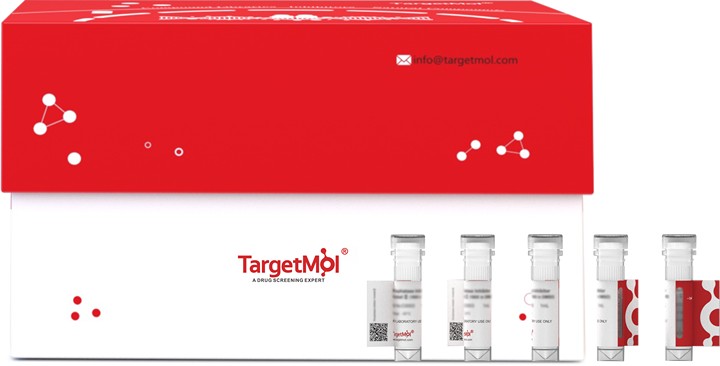Shopping Cart
- Remove All
 Your shopping cart is currently empty
Your shopping cart is currently empty

H2BC12 Protein, Human, Recombinant (His & Myc) is expressed in E. coli.

| Pack Size | Price | Availability | Quantity |
|---|---|---|---|
| 20 μg | $360 | 20 days | |
| 100 μg | $745 | 20 days | |
| 1 mg | $2,530 | 20 days |
| Biological Activity | Activity has not been tested. It is theoretically active, but we cannot guarantee it. If you require protein activity, we recommend choosing the eukaryotic expression version first. |
| Description | H2BC12 Protein, Human, Recombinant (His & Myc) is expressed in E. coli. |
| Species | Human |
| Expression System | E. coli |
| Tag | N-10xHis, C-Myc |
| Accession Number | O60814 |
| Synonyms | Histone H2B type 1-K,HIRA-interacting protein 1,H2BC12 |
| Amino Acid | PEPAKSAPAPKKGSKKAVTKAQKKDGKKRKRSRKESYSVYVYKVLKQVHPDTGISSKAMGIMNSFVNDIFERIAGEASRLAHYNKRSTITSREIQTAVRLLLPGELAKHAVSEGTKAVTKYTSAK |
| Construction | 2-126 aa |
| Protein Purity | > 85% as determined by SDS-PAGE. |
| Molecular Weight | 21.2 kDa (predicted) |
| Endotoxin | < 1.0 EU/μg of the protein as determined by the LAL method. |
| Formulation | If the delivery form is liquid, the default storage buffer is Tris/PBS-based buffer, 5%-50% glycerol. If the delivery form is lyophilized powder, the buffer before lyophilization is Tris/PBS-based buffer, 6% Trehalose, pH 8.0. |
| Reconstitution | Reconstitute the lyophilized protein in sterile deionized water. The product concentration should not be less than 100 μg/mL. Before opening, centrifuge the tube to collect powder at the bottom. After adding the reconstitution buffer, avoid vortexing or pipetting for mixing. |
| Stability & Storage | Lyophilized powders can be stably stored for over 12 months, while liquid products can be stored for 6-12 months at -80°C. For reconstituted protein solutions, the solution can be stored at -20°C to -80°C for at least 3 months. Please avoid multiple freeze-thaw cycles and store products in aliquots. |
| Shipping | In general, Lyophilized powders are shipping with blue ice. Solutions are shipping with dry ice. |
| Research Background | Core component of nucleosome. Nucleosomes wrap and compact DNA into chromatin, limiting DNA accessibility to the cellular machineries which require DNA as a template. Histones thereby play a central role in transcription regulation, DNA repair, DNA replication and chromosomal stability. DNA accessibility is regulated via a complex set of post-translational modifications of histones, also called histone code, and nucleosome remodeling.; Has broad antibacterial activity. May contribute to the formation of the functional antimicrobial barrier of the colonic epithelium, and to the bactericidal activity of amniotic fluid. |

Copyright © 2015-2025 TargetMol Chemicals Inc. All Rights Reserved.